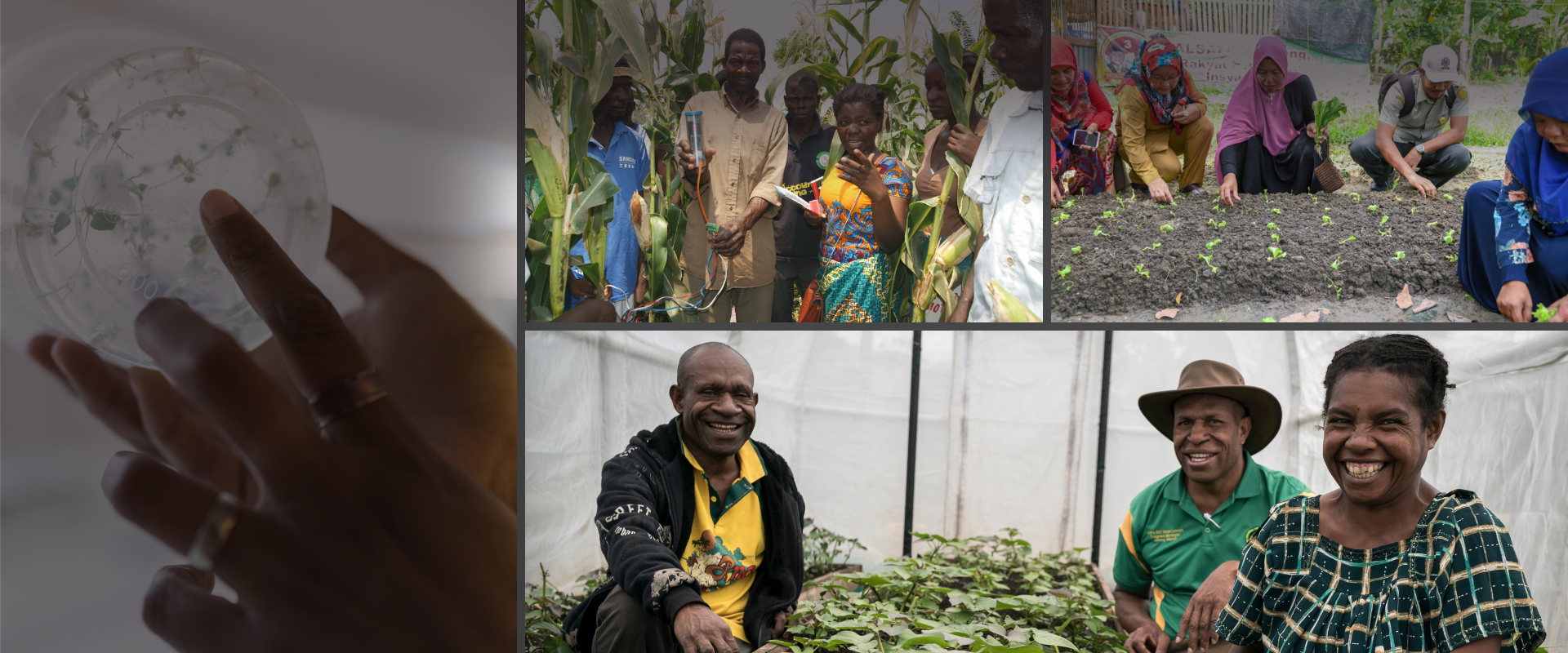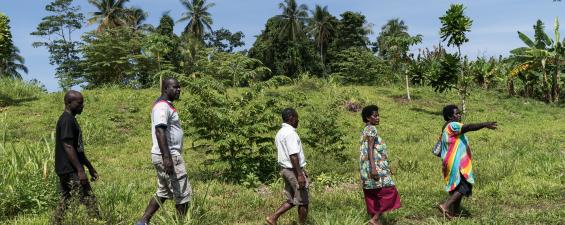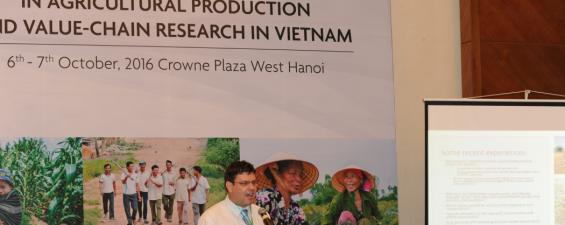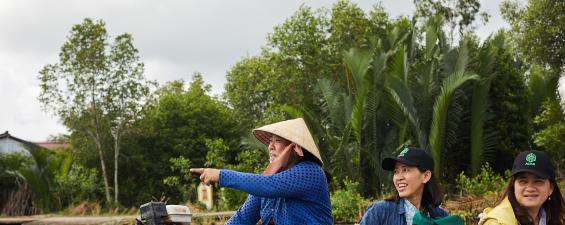We’ve gathered together a collection of resources including links to information and publications about women and gender.
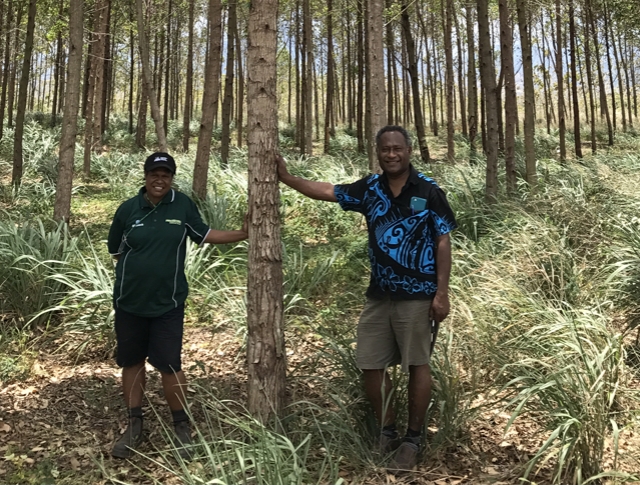
ACIAR delivers a comprehensive program designed to build the capacity of international agricultural researchers in the Indo-Pacific.
As a world-leading research for development organisation, ACIAR recognises that gender inequalities exist in many countries. In response, capacity building programs are specifically designed to be gender-aware, and promote social inclusion wherever possible.
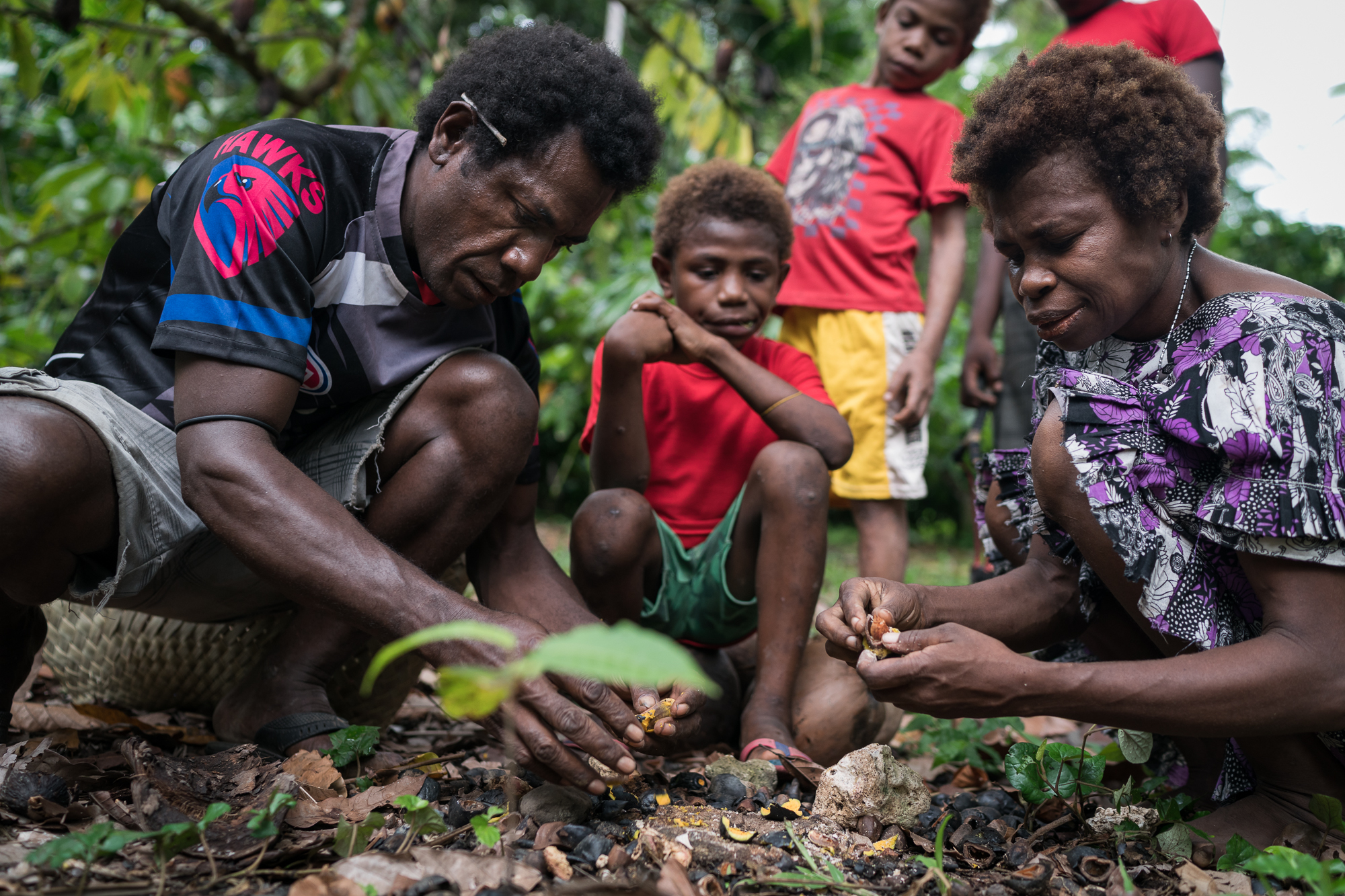
Our Gender Equity Policy and Strategy articulated our intent and provides a map that shows how we intend to achieve it. The document takes a long-term, principles-based approach to gender equity and complements the ACIAR 10-Year Strategy 2018-2027, which outlines the six key objectives for the organisation – which includes improving gender equity and empowerment for women and girls. It provides a clear pathway to ensure the goals of gender equity, equality and women’s empowerment are achieved for the benefit of Australia and our partner countries.
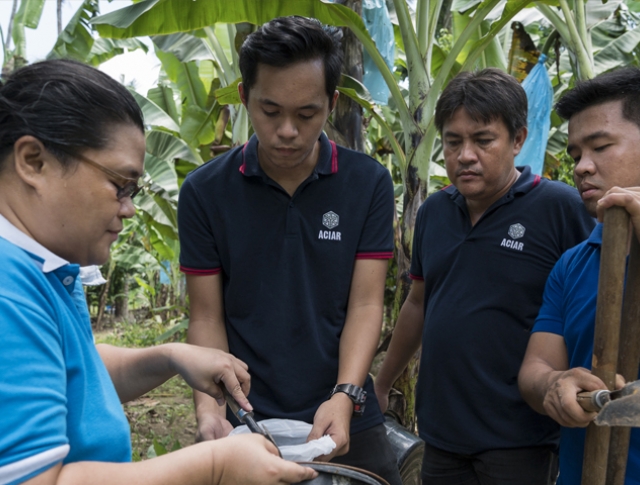
To ensure the principles of our Gender Equity and Policy Strategy are implemented, the ACIAR Research Proposal Gender Guidelines are designed to help researchers ensure their proposals present aims, objectives, research activities, methods, capacity building activities and outputs that can effectively address women’s empowerment and gendered social relations.
The guidelines were prepared by Dr Jo Caffery, University of Canberra an inaugural ACIAR Visiting Fellow.
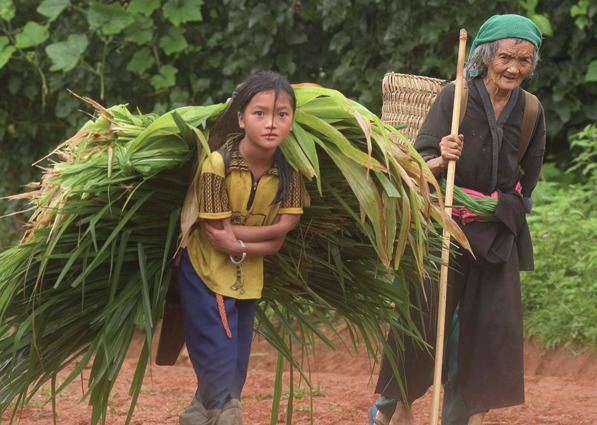
ACIAR is working with women and girls to increase their capability and the sustainability, productivity and profitability of agricultural systems.
This reflects the Australian Government’s commitment to ensuring that 80% of all Australian aid addresses and promotes gender equality. Gender equality is not only a matter of justice, it is also of great economic importance to the global community. On average women contribute 43% of agricultural labour in developing countries, yet their access to resources is disproportionately low when compared to their male counterparts, especially in rural areas.
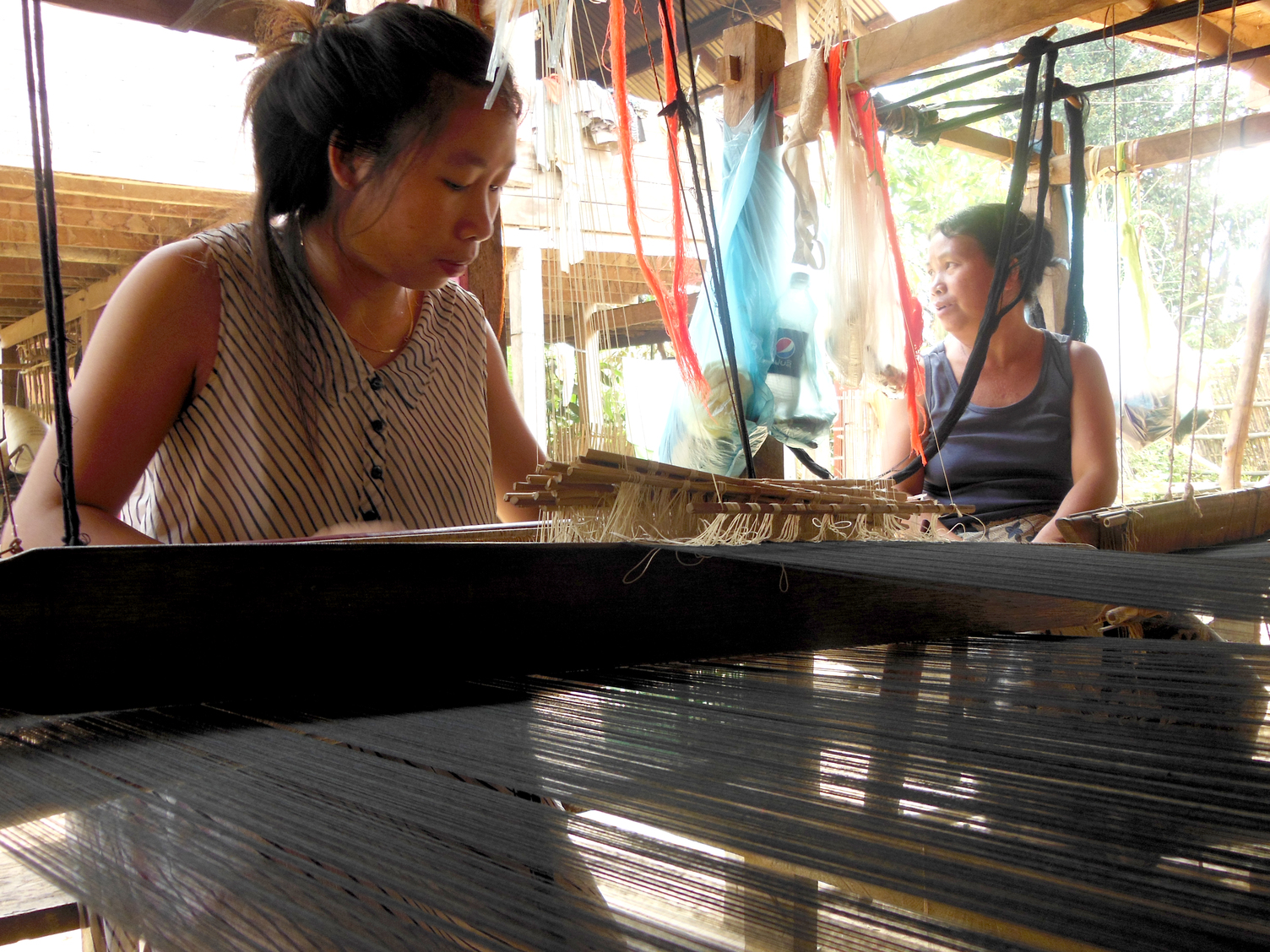
ACIAR publishes a blog – Reachout – that features many stories of women who are participating in and benefiting from a range of projects being implemented in countries across the Indo-Pacific region.
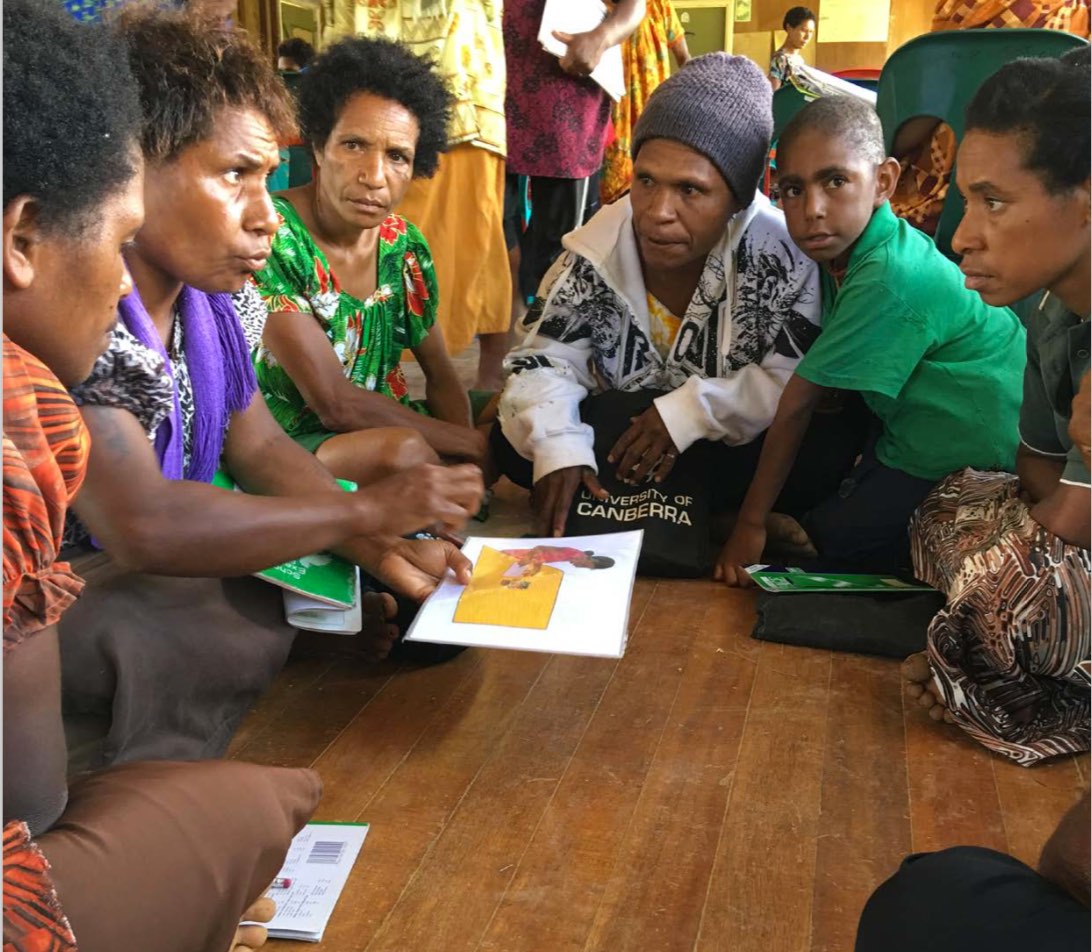
The ACIAR-funded Family Teams program outlined in this monograph illustrates that when men, women and youth work together as a family unit, more gender-equitable and effective farming practices lead to improved family livelihoods. Key to success of the Family Teams approach is the support of village community educators who are able to tailor the program to suit their particular community and sustain the learnings well beyond its formal implementation.
The program has been widely praised by its participants, and there is much scope for it to be successfully used elsewhere.
